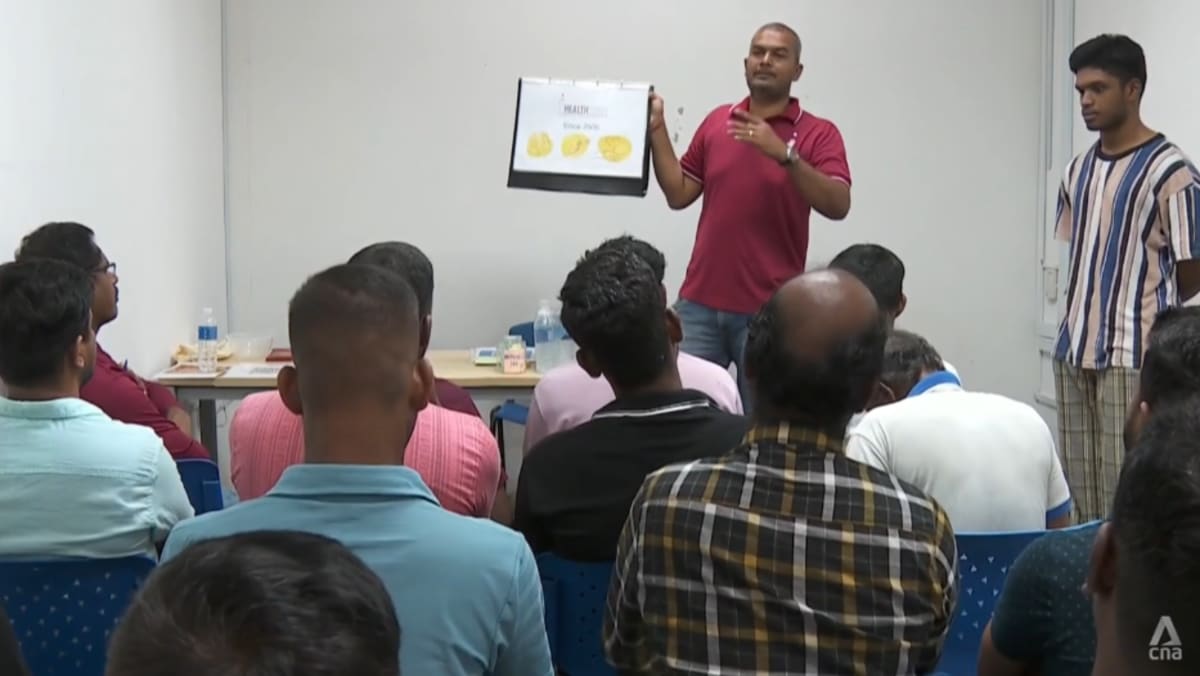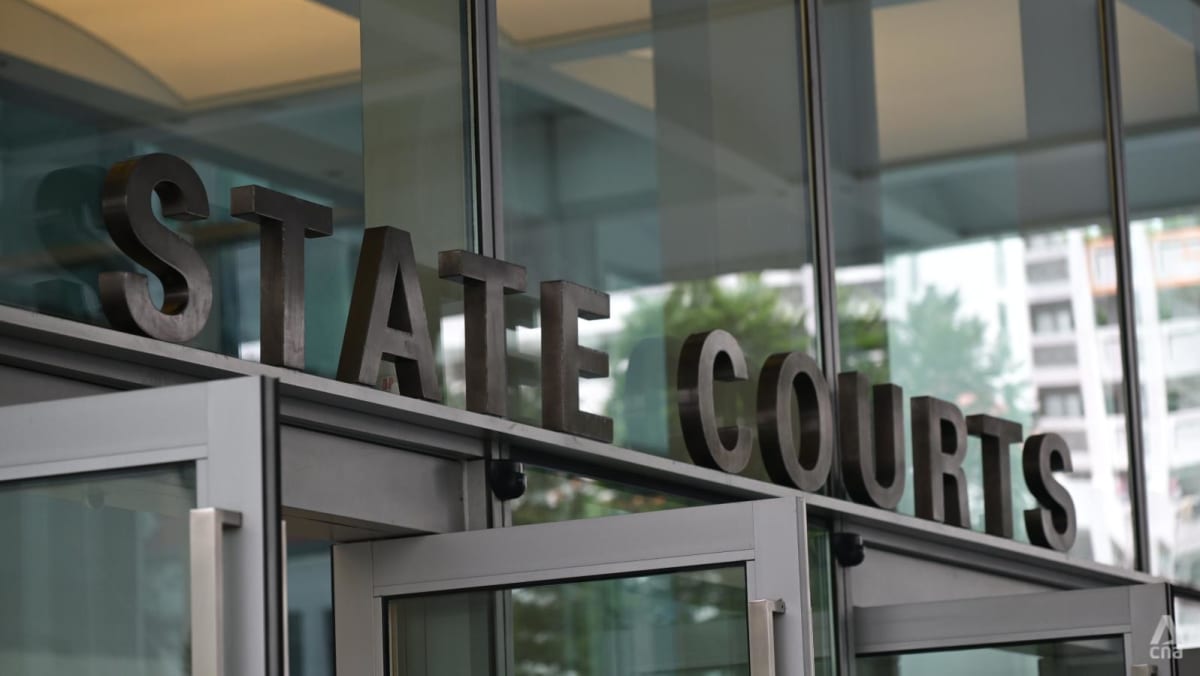He said HealthServe’s initiative is valuable for the migrant worker community as some may be reluctant to approach their employers or other Singaporeans for help due to the language barrier or cultural differences.
“Some people are shy and may not (communicate) their problems. This programme is specially (catered) for us because if they don’t want to tell their problems to their bosses, they can come to us directly,” Mr Alauddin noted.
The organisation said that it keeps in touch with the peer support leaders after their training to provide assistance if they run into issues while talking to their peers.
“Being far away from their family, working in a foreign land where language might be a challenge, where culture is also different to them,” said Mr Jeffrey Chua, head of the non-profit’s mental health training and community outreach.
“(This at least provides) a support system where they can encourage their friends.”
24-HOUR HELPLINE
Besides peer support, there is also a crisis hotline for migrant workers to talk about their problems – from pay disputes to workplace injuries, and sometimes even family deaths.
About a dozen trained crisis helpline specialists work round-the-clock to man the service. They assess each call to determine their risk levels, listen to the callers’ concerns, and guide and support them.
“When we receive a high stress call, we’ll have to make sure that our tone is very calm and composed, and we don’t increase the anxiety of the other person,” said helpline specialist Jyothi Pradeep Kumar.
She is fluent in four languages, which helps her to connect with migrant workers, at times even into the wee hours of the night.
“It is emotionally challenging sometimes,” she said. “But knowing that I was there for somebody during their critical moments and helping somebody from self-harm is really worthwhile.”







.jpg?itok=aFZkgaRp)





